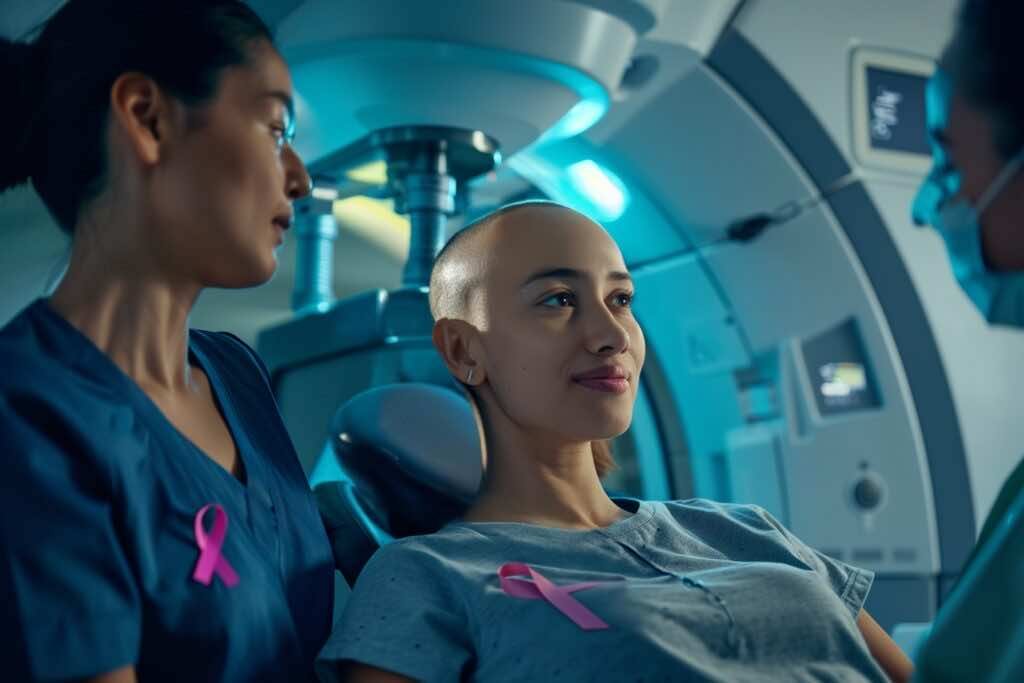
A Global Shift in the Fight Against Cancer
Cancer remains one of the leading causes of death worldwide, but modern research is rewriting the narrative. With every breakthrough in detection, treatment, and prevention, scientists move closer to making cancer a manageable and even curable condition.
At the heart of this transformation are clinical trials. These research studies test new therapies, technologies, and combinations of treatments. They offer patients access to cutting-edge care and give scientists the data needed to refine their approaches.
Why Clinical Trials Matter
Clinical trials are the backbone of cancer innovation. Before any new drug or therapy reaches hospitals or pharmacies, it must be tested for safety and effectiveness in human trials. These studies help determine the best dosage, discover side effects, and compare new treatments to existing standards.
For many patients, especially those with advanced or rare cancers, clinical trials offer a lifeline. They provide access to therapies that aren’t yet widely available and could dramatically improve outcomes.
In the UK, the National Institute for Health and Care Research (NIHR) and Cancer Research UK are central to funding and coordinating these trials. The NHS also supports a robust network of cancer trial centres across the country.
Precision Medicine: Treating the Individual
One of the most promising trends in cancer research is the rise of precision medicine. Instead of a one-size-fits-all approach, treatments are tailored based on a patient’s genetic profile, tumour characteristics, and overall health.
This shift is driven by advances in genomic sequencing and molecular diagnostics. Researchers can now identify specific mutations that drive cancer growth and develop drugs that target those changes. These “targeted therapies” are already showing success in cancers such as breast, lung, and melanoma.
Immunotherapy: Teaching the Body to Fight Back
Immunotherapy is another revolutionary development. This treatment helps the immune system recognise and destroy cancer cells, which often hide from normal immune responses. Drugs like checkpoint inhibitors have extended the lives of patients who had few options just a decade ago.
Clinical trials continue to explore new forms of immunotherapy, including CAR T-cell therapy, which involves modifying a patient’s own immune cells to attack cancer more effectively. These therapies are complex but show incredible promise.
Challenges in Participation and Equity
While clinical trials offer hope, they also face challenges especially in accessibility and representation. Some groups, including ethnic minorities and people in rural areas, are underrepresented in studies. This can limit the effectiveness of treatments for a broad population.
Efforts are underway to improve equity in clinical research. Researchers are working to expand trial access and ensure studies reflect the diversity of real-world patients. New digital platforms are also making it easier for patients to enrol, regardless of their location.

The Role of Patients and Public Support
Cancer research doesn’t happen in isolation. It relies on the bravery of trial participants, the expertise of clinicians, and the support of funders and the public. Organisations like Macmillan Cancer Support and Cancer Research UK play a vital role in funding trials, raising awareness, and supporting patients throughout their journey.
Patients who participate in trials are not just seeking better outcomes for themselves—they are paving the way for others. Every success story, every data point, brings the medical community one step closer to defeating cancer.
Looking Ahead: A New Era in Oncology
Cancer research and clinical trials are moving fast, and the next decade promises even more progress. From AI-driven diagnostics to vaccines that prevent cancer recurrence, the pipeline is full of possibilities.
But sustained funding, global collaboration, and patient trust will be essential. The mission is clear: not just to treat cancer, but to transform lives through innovation, equity, and relentless scientific pursuit.
